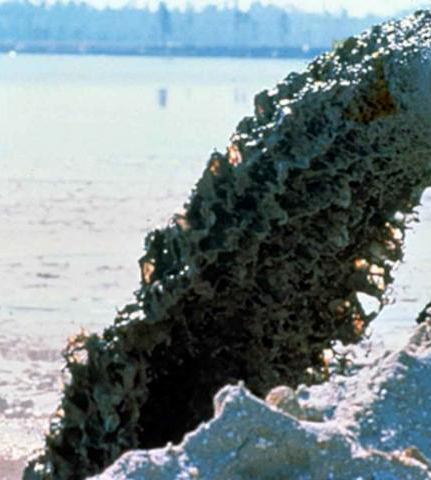New ports plan gives more room to expand
 Five large ports on the Queensland coast will receive even more special treatment, after the State Government named them in its new strategy document.
Five large ports on the Queensland coast will receive even more special treatment, after the State Government named them in its new strategy document.
The new Queensland Ports Strategy papers say that the state’s ocean export points will become models of efficiency and environmental awareness, as they are progressively upgraded over the coming decade.
The documents establish the five Priority Port Development Areas (PPDAs) at the major sites of Abbot Point, Brisbane, Gladstone, Townsville and the dual sites of Hay Point and Mackay.
The ports plan includes a moratorium on dredging, but only for non-priority ports, meaning that the dumping of dredge spoil will go ahead at sites within the Great Barrier Reef World Heritage Area.
The plan also allows dredging to occur at any of the state's ten other ports for safety or navigation issues, to increase a port’s resilience to natural events, to maintain their effective operations, or for non-port related reasons such as beach maintenance.
It comes just weeks after the World Heritage governing body, UNESCO, condemned the Federal Government's approval of those dredging practices.
UNESCO is calling for Australia to re-write its Great Barrier Reef protection policies.
“Given the very strong signal that UNESCO has given today about their concern about the practice of dumping, I think any further developments that do allow dumping in the reef really place the reef's world heritage status at risk,” spokesperson Richard Leck said.
“This decision keeps that very strong pressure on the Australian and Queensland governments to meet that deadline to have a comprehensive new plan to protect the reef.”
But Queensland's Deputy Premier Jeff Seeney says the priority developments are in line with UNESCO’s calls.
“Within and adjoining the Great Barrier Reef World Heritage Area, the Queensland Government will prohibit dredging for the development of new, or the expansion of existing port facilities outside these port precincts, for the next decade,” he said.
Greens Senator Larissa Waters said that technicality would be easily seen-through by UNESCO.
“This is not going to be good news when the World Heritage Committee meets in a few weeks,” she told the ABC.
“We've already seen they've released a draft decision again warning, and probably for the last time, that Australia has got to do better or the reef will be put on that list of sites in danger.
“This port strategy released today is the last thing the World Heritage Committee will want to hear.”








 Print
Print